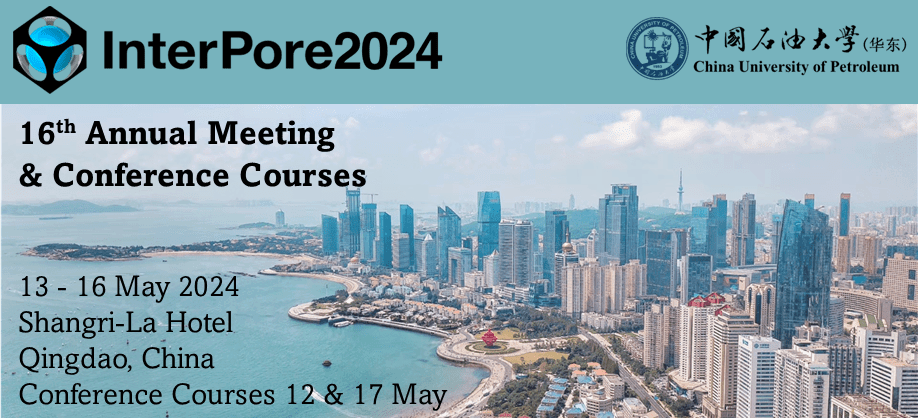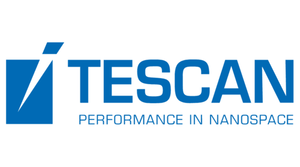Speaker
Description
Reactive flows in porous media play an important role in our life and are crucial for many industrial, environmental and biomedical applications. Very often the concentration of the species at the inlet is known, and the so-called breakthrough curves, namely the time dependent concentration at the outlet, are the quantities which could be measured or computed numerically. The measurements and the simulations could be time-consuming and expensive, and machine learning and Big Data approaches can help to predict breakthrough curves at lower costs. Machine learning (ML) methods, such as Gaussian processes and fully-connected neural networks, and a tensor method, cross approximation, are well suited for predicting breakthrough curves.
In this presentation we discuss species transport with homogeneous or heterogeneous reactions for flow in porous media. The discussed ML methods are applicable for a broad class of single phase and multiphase, pore scale or Darcy scale reactive flows. Here we illustrate our developments in the case of pore scale single phase flow. The transport of species is modeled by a convection-diffusion equation, the flow is described by incompressible Stokes or Navier-Stokes equations. The surface kinetics is included via Robin boundary conditions in the case of heterogeneous reaction, or via source term in the case of homogeneous reaction. We present results on predicting breakthrough curves using the above approaches. Next, we discuss the application of the developed algorithms for deriving surrogate models to be used for solving parameter identification problems. We are interested in identifying the reaction coefficients, i.e. solving inverse problem. Solving inverse problem requires solving the direct problem many times (e.g. thousands). Replacing numerical solution of the problem by a machine learning model significantly speeds up the computational times. We use a number of numerical solutions to train the machine learning model and then use them to generate new curves, required to identify the parameters.
| Country | Germany |
|---|---|
| Conference Proceedings | I am interested in having my paper published in the proceedings. |
| Acceptance of the Terms & Conditions | Click here to agree |




.jpg)
